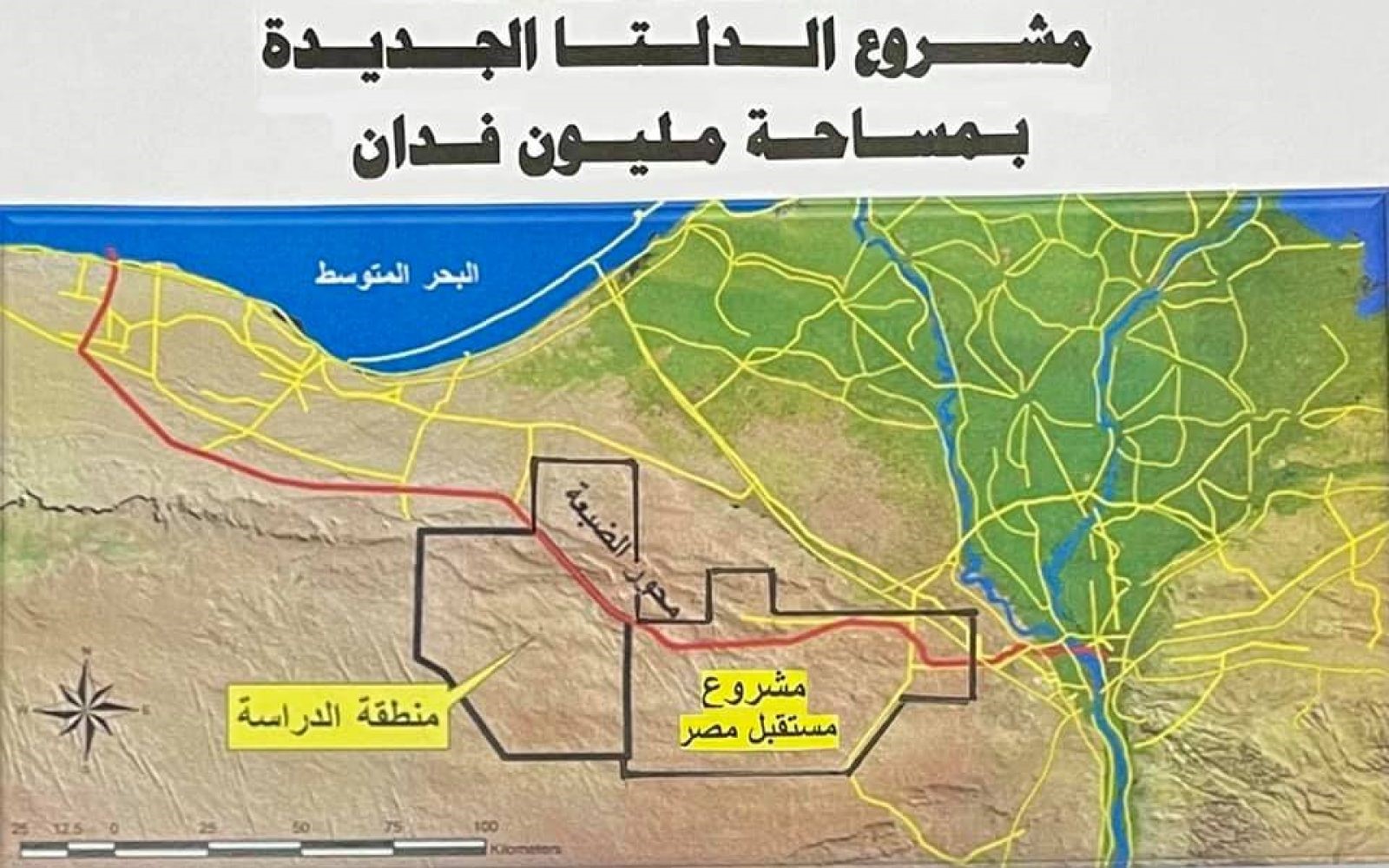Sunday, April 11, 2021
Press release
………………………………………
On Sunday, April 11, 2021, the Research and Studies Unit of the Forum for Development and Human Rights Dialogue issued a report entitled “Food Security in Egypt”
The report stressed that the issue of food security occupies a key pillar in the Egyptian economy due to its close association with the process of economic development on the other hand as it represents one of the most important factors of political and social stability in any country,
According to the report, because of its population growth in Egypt, Egypt is suffering from food security, as evidenced by the continued reliance on the outside to provide many major food commodities, exacerbating food support problems associated with the balance of payments deficit and thus draining foreign exchange reserves.
The report highlighted the current challenges to global food security, which included widespread deficiencies and malnutrition, with some 821 million people suffering from undernutrition in 2017, compared to about 804 million in 2016, a major concern and a challenge to international commitments to end hunger by 2030.
Also of the most important challenges was food insecurity, with some 768.4 million people still suffering from severe food insecurity in 2017, a significant increase from 666 million in 2016, an increase of 103.4 million in a year as well as climate change as climate techniques and changing climatic conditions affect agriculture and food production, and the scarcity of water resources that plague many areas, particularly arab regions.
With regard to the food gap in Egypt until 2014, the report stated that Egypt imported all basic food commodities, mainly cereals, food oils and sugar, as well as dry legumes, red meat, milk and fish. Self-sufficiency is about 40%, and the food dependence rate is 60%.
The report explained the multiple reasons that made the food gap so high until 2014, which were three main reasons behind this unsafe food situation, namely limited resources for food production, namely water and land, failed economic and agricultural policies, and population growth.
With regard to the Egyptian state’s efforts to achieve food security, the report stated that the issue of food in Egypt is one of the most important objectives of the strategy of economic and social development until 2030 and in order to do so Egypt seeks to achieve food security through several main axes through the adoption of the following state
1. Increase self-reliance in the provision of strategic food commodities so that they approach the self-sufficiency of some imported food commodities.
2. Develop consumption patterns to improve nutritional levels and increase per capita consumption of food commodities of high nutritional value.
3. Reducing food losses and linking farms to markets
4. The establishment of an independent food safety body headed by the Council of Ministers to develop a national system to examine food pollutants in food, especially in the production phase and after market access.
5. Develop social safety nets and provide affordable quality food for poor families, especially women and children, to consume enough healthy food.
6. Develop the animal production sector by caring for animal health, providing vaccines and adopting new methods in the production of high-yield strains, animal registration and epidemic disease control.
The report included a presentation of the most important agricultural development projects, which consisted of a project of 100,000 agricultural greenhouses, a one-and-a-half-million-acre project, a fish farming project, the development of the Toshki project and the new delta project.
With regard to Egyptian exports during the Corona pandemic, the report indicated that Egypt’s exports of vegetables and fruits increased despite the global Corona epidemic, but the demand of European countries for Egyptian products began to increase as the Department of Vegetables and Fruits confirmed that Egyptian production began to invade European markets, but despite the increase in the export rate, the Egyptian market still maintains an increase in the supply ratio of all items where most items saw a decrease in prices by Ranging from 20 to 30%.
According to the report regarding the lifting of the ban on Egyptian products, the quarantine report at the Ministry of Agriculture revealed the lifting of the ban on some agricultural exports and the reduction of the rates of additional checks imposed by the European Union countries on some Egyptian agricultural exports, including the lifting of the ban on all Egyptian exports. to the Arab Gulf countries as well as the resumption of the export of onions. Egyptian to Saudi Arabia.








